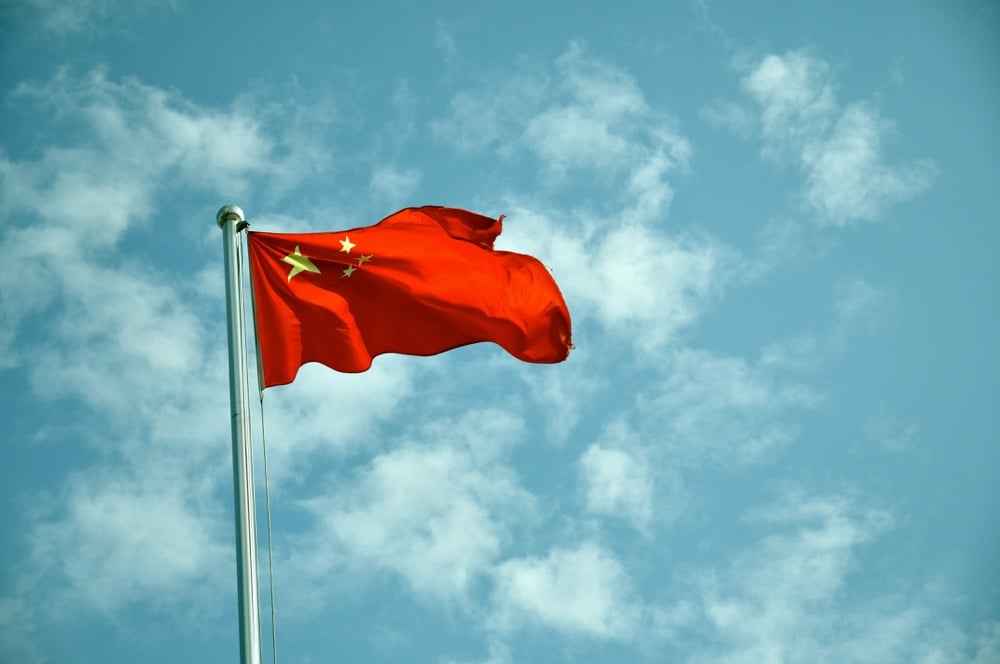Explainer: China widens probe of EU imports

Beijing | Reuters—China has widened its investigation into imported EU products, adding an anti-subsidy probe of cheese, milk and cream to anti-dumping checks on pork and brandy.
Beijing announced the move on Wednesday, a day after the EU published a revised tariff plan for China-made electric vehicles (EVs).
Here are the main issues:
Why is China taking action?
Beijing is assessing whether EU dairy imports are benefiting from subsidies. Its probe comes as the EU evaluates a plan to impose tariffs of up to 36.3 per cent on imported Chinese-made EVs subject to a vote in October.
Read Also


Canada’s railways grind to a halt
12:01 AM EDT on August 22, after negotiations that began last year failed to bring about a resolution to the dispute, CN and CPKC announced at that they would lockout their employees who are members of the Teamsters Canada Rail Conference (TCRC). The move affects roughly 9,000 employees at the two companies.
France, Italy and Spain backed the proposed tariffs in July, while Germany, Finland and Sweden abstained, government sources have said.
What countries are most at risk?
France stands to be worst affected as it exported $211 million (C$287.1 million) worth of the targeted dairy products last year, Chinese customs data showed, mostly milk and cream.
Italian, Danish, Dutch and Spanish farmers last year sold dairy goods subject to China’s new probe worth $65 million (C$88.4 million), $55 million (C$74.8 million), $52 million (C$70.8 million) and $49 million (C$66.7 million), respectively, the data showed.
EU exports of milk powder to China, worth $357 million (C$485.7 million) last year, are not subject to investigation.
France also supplied 99 per cent of China’s imported brandy last year as well as some of its pork, making it the most impacted country if Beijing acts on each of the investigations.
Paris has repeatedly voiced concerns about the surge in Chinese EVs into the European market and taken measures domestically to ensure that French subsidies for buying EVs do not benefit vehicles made in China.
Major pork exporters Denmark, the Netherlands and Spain are also under pressure from Beijing’s probes.
What might happen?
An anti-dumping investigation into imported European large-engine gasoline cars could be on the cards, according to the state-owned Global Times, which first reported that Beijing was considering the probes.
Such an investigation would hit Germany hardest. Its exports of vehicles with engines of 2.5 litres or larger to China were worth $1.2 billion last year, Chinese customs data shows.
—Additional reporting for Reuters by Leigh Thomas in Paris
Source: Farmtario.com

